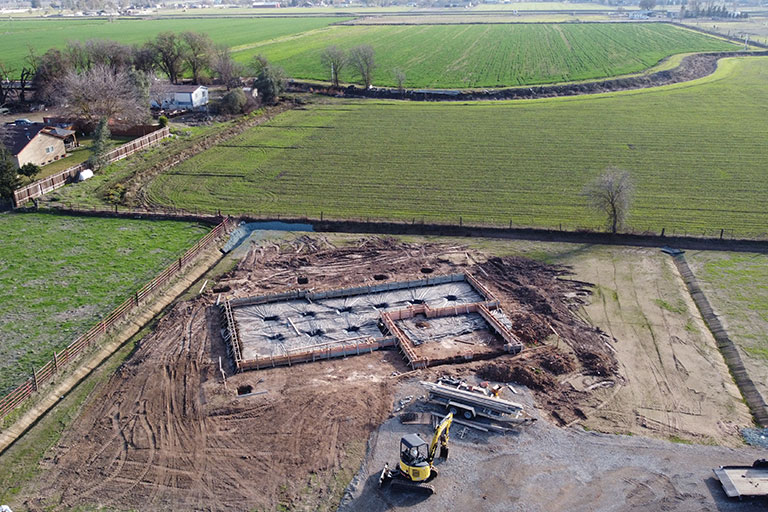
Navigating the Land Entitlement Process
By creiland - Blogs Posted in Blogs On October 18, 2022Land entitlement is the process of getting a piece of land ready for a specific development.
While it’s often referring to the process of converting raw land or farmland for development, there are many other situations where land entitlement happens. It encompasses a broad range of different things, from site plan approvals to rezoning, amendments to existing zoning bylaw or official plans, regulatory approvals, and even conditional use permits for land.
Depending on what’s involved, land entitlement can take around 3-12+ months, but some processes take significantly longer. Local laws, neighborhoods, zoning boards, city planning, regulators, and other factors can also prolong the process.
Steps to the Land Entitlement Process
Many things are involved in land entitlement. Here is a quick overview of the main processes that can fall under the land entitlement umbrella:
Site Plan Approvals
Before a development can be started, a site plan must be drafted and approved. Site plans give a graphical representation of what the property already contains and the other planned developments for the property.
Regulatory Approvals & Permits
Different regulatory bodies must issue approvals and permits for a lot before it can be developed. Some of the potential approvals and permits that might be sought out during the entitlement process are:
- Road approvals: Where a property doesn’t already have road access, you will need to seek out road connection approval for any kind of development. This is commonly part of the raw land and farmland entitlement process.
- Landscape approvals: If the intended development will involve changing the landscaping of the property, it will likely need landscape approvals from the planning department.
- Utility permits: Utility permits need to be granted by local authorities, but the utility connections don’t have to physically be built yet. Before utility approval is granted, the municipality will usually need to know the intended use of the property. Ensuring the availability of utility services is key to the success of a development.
- Conditional use permits: These types of permits are usually required when an intended development would somehow change the existing approved use of a property. The municipality must issue a conditional use permit to allow for the changes.
- Environmental review: Some localities require an environmental review to uncover the potential environmental impacts of a development.
- Building permit: For a property to be considered fully entitled, a building permit should also be issued for the intended development. This is usually one of the final parts of the full entitlement process.
Other approvals may also need to take place during the entitlement process as well, depending on the specific laws where the land is located.
Rezoning
If a property is not already zoned correctly for the intended development, it will need to be rezoned. This is a long process that usually involves approvals from the City Council and the Planning Commission, as well as public hearings and neighborhood meetings.
Zoning Variances
In some cases, a full rezoning isn’t necessary, and a zoning variance can be used instead. This is when a slight exception is made to a property’s zoning to allow for simple adjustments, such as extra parking or amenities that don’t change the central function of the property.
Subdivision or Recombination
Any changes to the size of the lot itself need to be settled for a property to be entitled. This includes splitting a single lot into multiple smaller lots or combining smaller lots together.
Value Add Stages in Raw Land & Farmland Conversion
Entitled land is far more valuable than raw land or farmland. Considering the complexity of land entitlement, there are opportunities for investors to make a profit when converting raw land and farmland for development.
The main ways investors make good returns from this process include:
- Bulk land entitlements: When you work on entitling multiple properties in the same area for similar uses, you can take advantage of the economies of scale. You’ll simplify the process by following the same steps for each property and you can work with the same team to get it done more efficiently.
- Consulting local professionals: Working with the right local engineers, architects, and officials can speed up the process for approvals and help you get the ball rolling.
- Matching local Official Plans: When a local municipality has a future development plan for the area, you can often get your entitlements sorted out more quickly if you align the intended use for the land with the municipality’s plan. Speeding up the land entitlement process can increase your profits and help you get your profits sooner.
To learn more about the land entitlement process, please check out www.creiland.com to book an appointment with one of our professional consultants.
Leave a Reply
Your email address will not be published. Required fields are marked*

